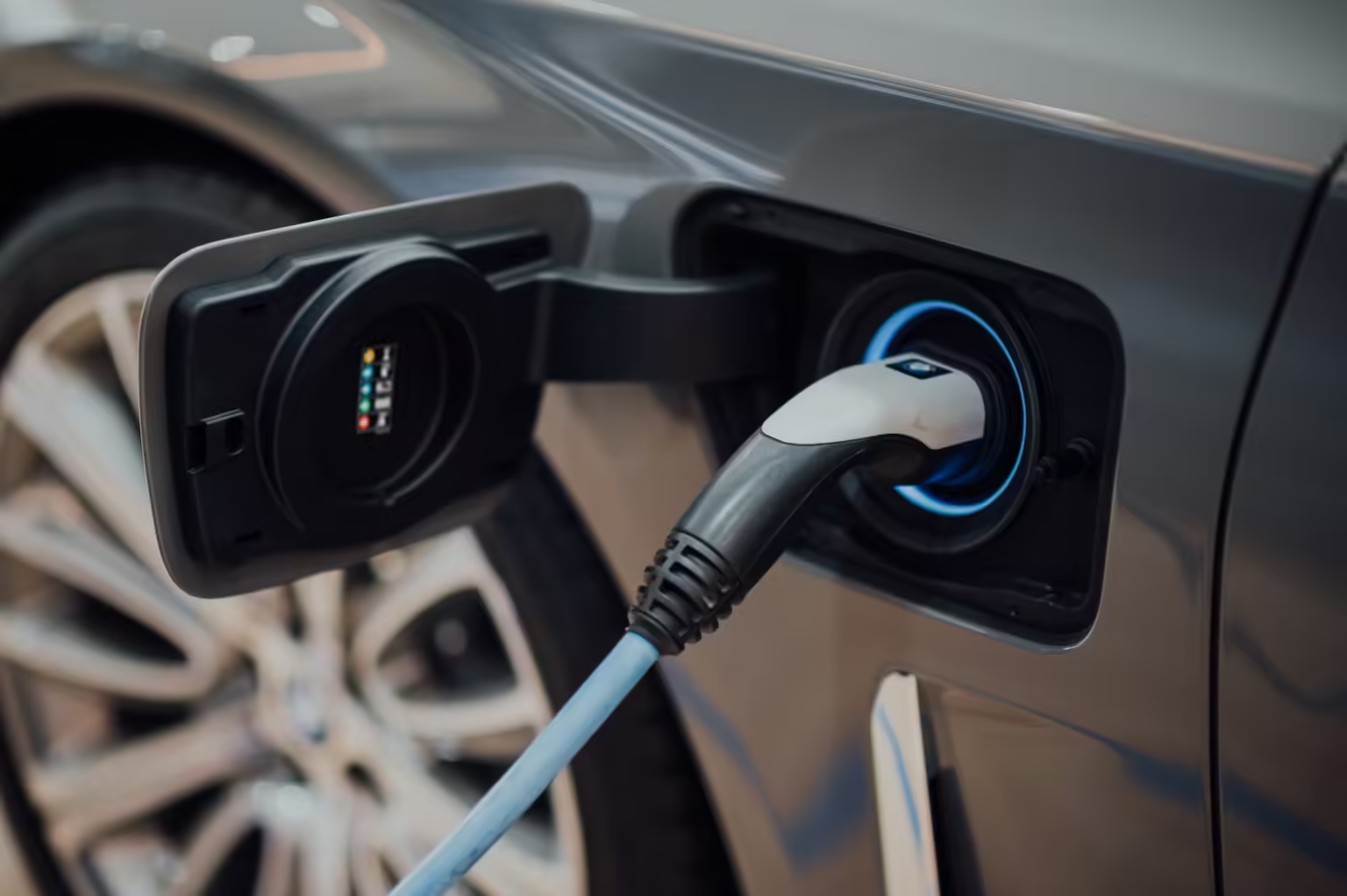Beijing and Brussels are set to engage in crucial discussions on tariffs related to electric cars. Representatives from both China and the European Union (EU) will convene on June 24, 2024, to deliberate on the current tariffs that affect the import and export of electric vehicles between the two regions.
The talks come at a pivotal time as both China and the EU seek to bolster their electric vehicle industries amid global efforts to combat climate change. Electric vehicles (EVs) have gained significant traction in recent years due to their environmentally friendly nature, prompting governments worldwide to incentivize their production and adoption.
China, known as the world’s largest market for electric cars, has been a key player in driving EV technology and manufacturing. The country’s policies heavily influence the global EV market, making discussions with the EU crucial for the future of electric mobility.
On the other hand, the European Union has been accelerating its efforts to transition towards sustainable transportation. European automakers have been expanding their electric vehicle lineups, aiming to meet stringent emissions targets set by the EU. However, tariffs imposed on electric cars imported into China have posed challenges for EU manufacturers looking to tap into the Chinese market.
The upcoming talks between China and the EU are expected to address these tariff barriers. Negotiators will aim to find common ground that promotes fair trade and enhances collaboration in the electric vehicle sector. The discussions are anticipated to cover a range of issues, including tariff rates, quotas, and regulations affecting electric car imports and exports.
Both sides recognize the importance of fostering a conducive environment for electric vehicle trade. Lowering tariffs could potentially reduce costs for consumers and encourage greater adoption of electric cars, thereby contributing to the global effort to reduce carbon emissions.
The outcome of the talks could also have broader implications for international trade relations and global efforts to combat climate change. A successful resolution could pave the way for increased cooperation between China and the EU in other areas related to clean energy and sustainability.
Experts suggest that achieving a mutually beneficial agreement on electric car tariffs could set a positive precedent for future trade negotiations between the two economic powers. It could demonstrate a commitment to free and fair trade practices while supporting technological innovation and environmental protection.
The talks are expected to be comprehensive, involving representatives from various sectors including trade, industry, and environmental policy. Both China and the EU have expressed optimism about the potential outcomes of the discussions, highlighting the importance of constructive dialogue in addressing global challenges.
In conclusion, the upcoming talks between China and the EU on electric car tariffs represent a significant step towards fostering cooperation in clean energy and sustainable transportation. As the world looks towards reducing carbon emissions and promoting green technologies, these discussions hold the promise of advancing global efforts towards a more sustainable future. The results of the negotiations will be closely watched by stakeholders worldwide, eager to see how these two influential regions navigate the complexities of trade and climate policy in the 21st century.
